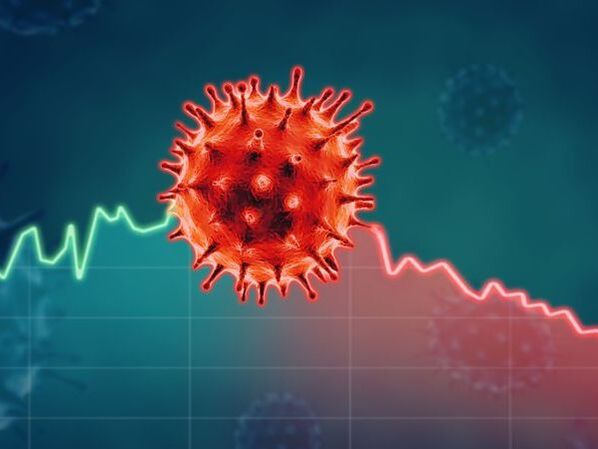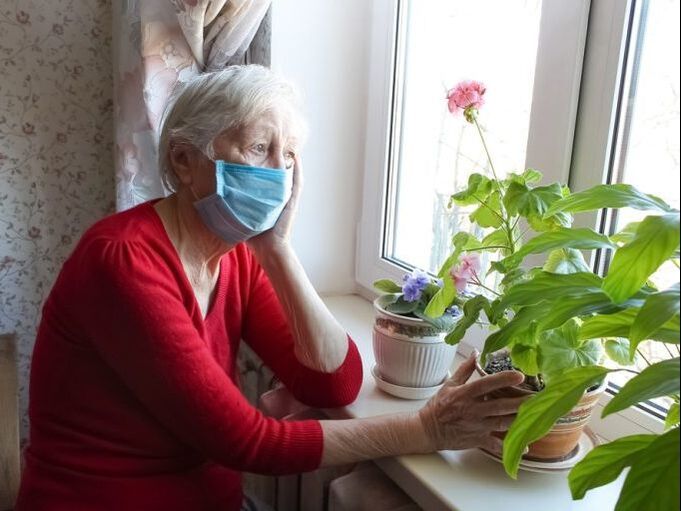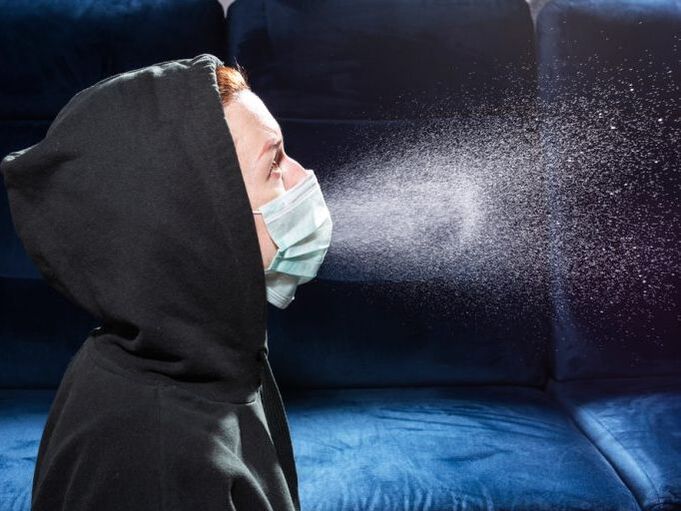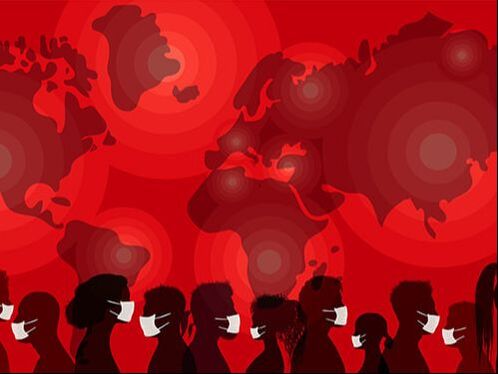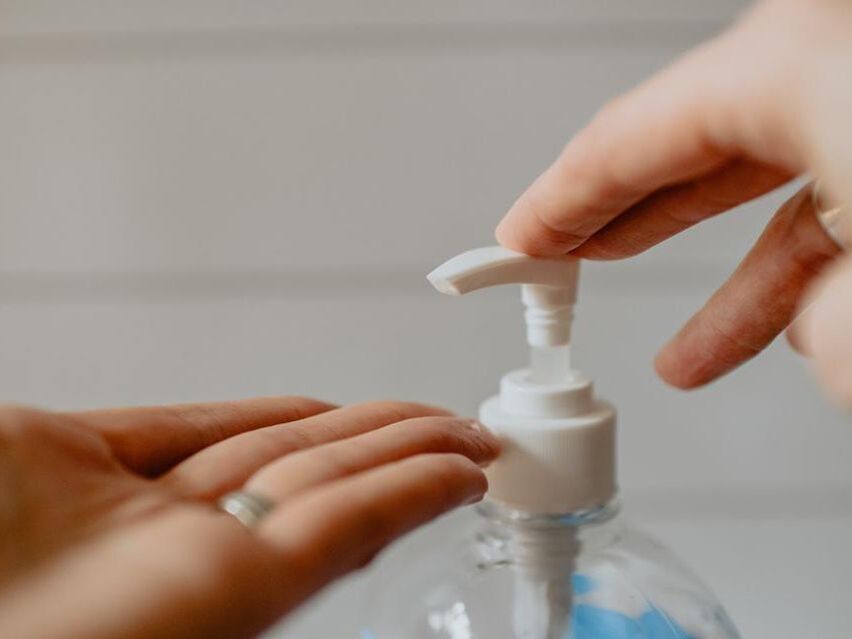- Home
- Technology
- Management
- Health Care
- Earth Sciences
- Particle Physics
- Engineering
- Stories of Turtle Island
- Startup Companies
- The Lost Ships of the Franklin Expedition
- Wildlife
- Archaeology
- Palaeontology
- Architecture, Land Use and Planning
- Politics and International Development
- COVID-19
- University Life
Rapid Response Research Grants:
|
Rapid Response Research Grants:
|
Rapid Response Research Grants: e-health and autonomous systemsCOVID-19 has presented us with a need for new technologies – and novel ways to use technologies that we already have.
Dr. Gabriel Wainer is using existing 3D models of campus buildings to determine how the virus diffuses in indoor environments. His team is using Geographical Information Systems and Carleton’s Digital Campus Building Information Model (BIM) map to make models that are extensions of the susceptible-infected-recovered (SEIR) models that predict the dynamics of the pandemic. These will enable the study of different strategies for returning to campus, and will be made available online for remote collaboration and use by decision makers. Click here for full text |
Rapid Response Research Grants:
|
Rapid Response Research Grants:
|
Department of Chemistry donates ethanol to make hand sanitizerTo keep safe and stop the spread of the virus, essential workers need to keep their hands clean. Global demand for hand sanitizer has never been higher, and it's at a premium.
Shortly after COVID-19 was declared a pandemic, Health Canada sounded the alarm that a shortage was looming, and announced it would expedite licensing for new producers of hand sanitizer. One of those producers is Peterborough’s Black’s Distillery –typically a maker of rye, vodka, and gin. Click here for full text |
